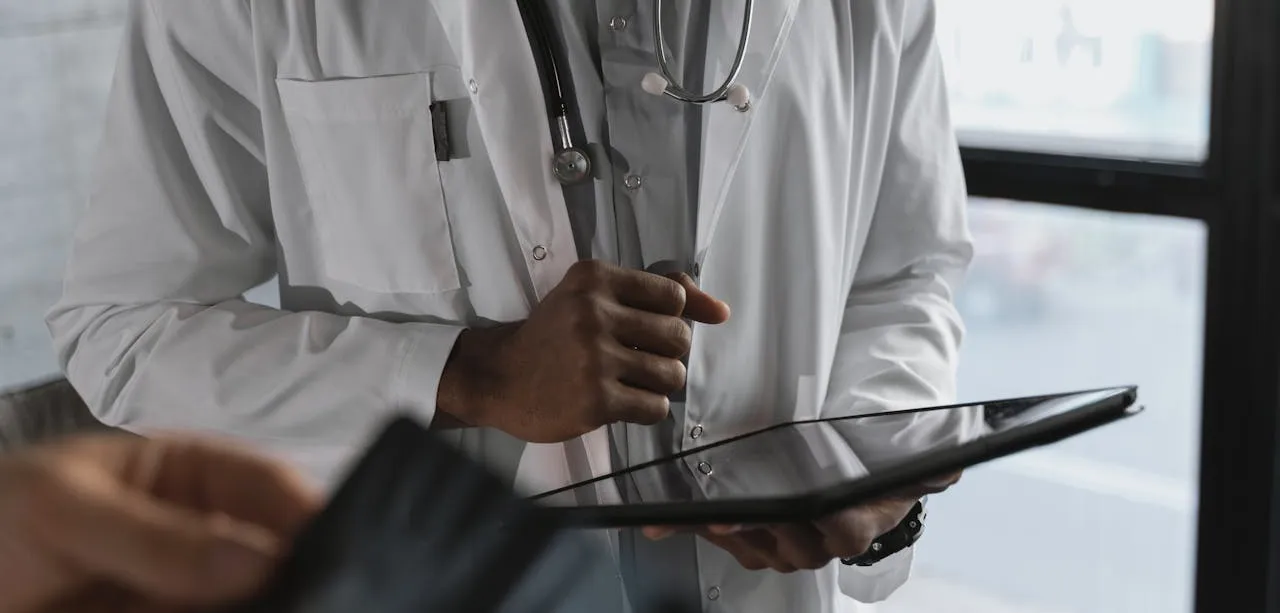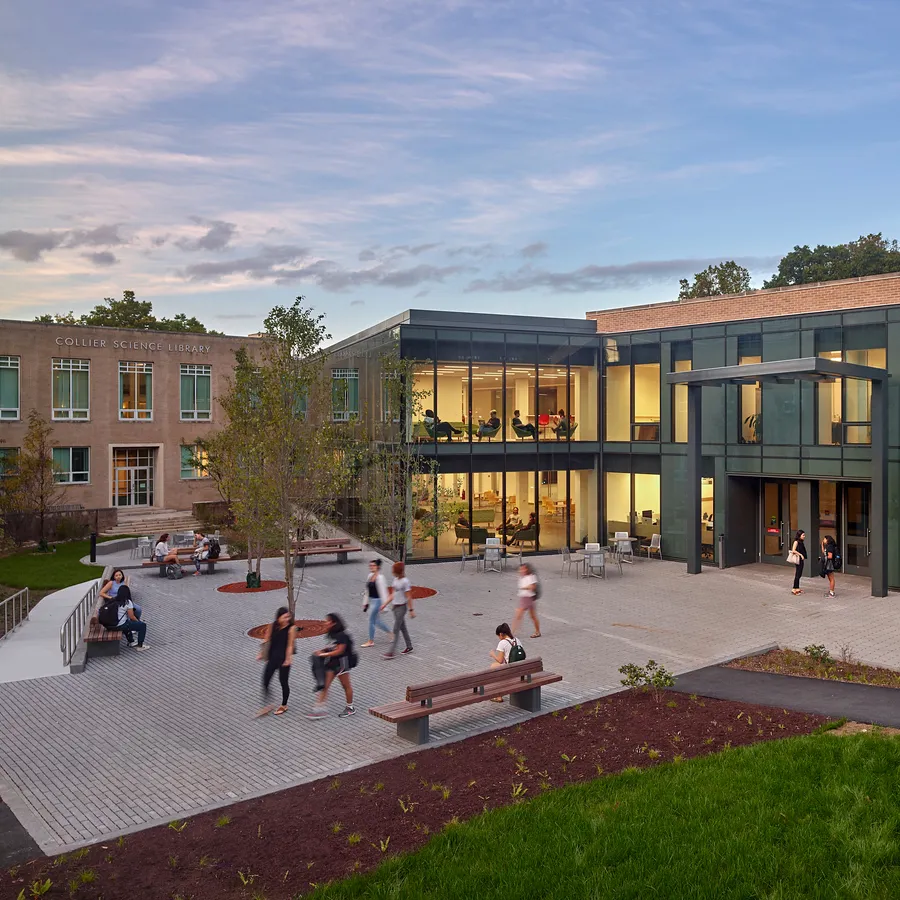
Medicine
The medical profession has many exciting career paths to explore.
Explore
The path to becoming a physician is a long and arduous one that requires several years of post-college education and clinical training. Being a physician also requires lifelong learning as new treatments and procedures are developed, and physicians must pursue continuing medical education and certification credits. Physicians have highly responsible leadership roles in effecting patient care, and they may be called upon to contribute to community health programs or to health care policy discussion. A visit to the AAMC website will help students learn more about medicine and consider whether or not a career in medicine is right for them.
Applying to medical school takes more than a year, from submitting the primary application to matriculation. The prehealth advisor is available to help guide students and alums through all stages of the medical school application process. Make an appointment with Assistant Dean Gail G. Glicksman to discuss the application process: gglicksman@brynmawr.edu; 610-526-7350.
Medical College Admission Test (MCAT)
Although individual medical schools place different levels of emphasis on the MCAT scores, they are especially important because they are the only common metric among all applicants.
There are many opportunities in the Bryn Mawr community to learn about the medical profession. You should also try to spend some time shadowing a physician to get an up-close view of the practice of medicine. Although observation of health care delivery is valuable, experiential learning—learning by doing—is one of the best ways for you to gain first-hand exposure to the challenges and rewards of the medical profession. Visit Volunteer and Internship Opportunities to help you gain experience that demonstrates your commitment to service.
Recommendations from faculty and others who have observed your work provide medical schools with additional perspectives on your personal and professional qualities. You should seek recommendations from individuals who have come to know you well and with whom you have worked closely. The premedical committee letter—which Bryn Mawr prepares on your behalf—will present an overall synopsis of your undergraduate (and post-college) career and a unifying context to your experiences.
Medical school admissions committees start reviewing applications in mid-summer to select applicants for interviews. The interview is a key part of the admissions process in which medical schools want to get to know you better and to learn in more depth about your experiences. The interview season generally lasts from September to March. Most medical schools make admissions decisions on a rolling basis throughout the interview season whereas others do not make decisions until after all selected applicants have been interviewed.
Some medical schools offer conditional early acceptance programs for college sophomores or juniors. These programs do not accelerate the time for an undergraduate degree; however acceptance to such a program may enable a student to pursue other areas of interest and avoid some of the time commitment and pressures of the traditional medical school application process. Generally these programs require outstanding academic credentials and a mature, demonstrated commitment to a career in medicine. Although the early assurance programs are appealing, this path to medical school is not right for everyone. Students considering applying to one of these programs should consult with the prehealth advisor by early sophomore year.
It is now very common for people to work for one to two years between college and medical school. This time is referred to as a "gap" or "glide" year. Medical schools often look favorably on candidates who are more mature and bring some “working world” experience with them when they begin their medical studies. The Association of American Medical Colleges provides good information on their site: Making the Most of Your Gap Year.
Volunteer & Internship Opportunities
Visit Volunteer and Internship Opportunities to help you gain experience that demonstrates your commitment to service.

Contact Us
Health Professions Advising Office
Park Science Building
Room 349
610-526-7350
hpao@brynmawr.edu
Open year-round
Monday-Friday, 9 a.m.-5 p.m.